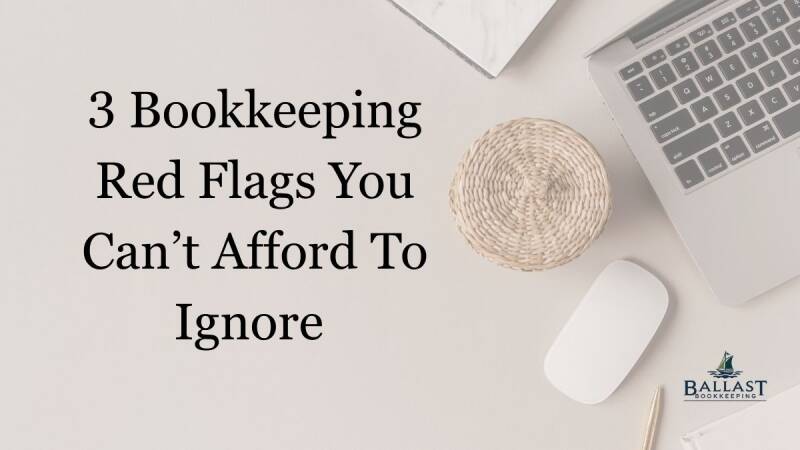
During my years working in corporate healthcare, I prided myself on having nothing to do with the money side of things. I was there for patients, not for profits. When someone asked about a bill or had an insurance question, I could easily say, “That’s not my focus—let me get you the number for that department,” and walk away.
But walking away from a giant healthcare system also means walking into something bigger: full responsibility.
Now you’re not just the provider—you’re the business owner. And that means building the financial systems that keep your practice sustainable. Because the truth is:
- You can’t serve clients if your business can’t stay open.
- You can’t keep going if your books are a mess.
- You can’t thrive if tax season wipes you out every year.
If you’re running a private-pay wellness practice—whether you're a massage therapist, coach, or holistic provider—here are three red flags to watch for in your bookkeeping.
🚩 1. Mixing Business and Personal Finances
One of the most common bookkeeping mistakes solo wellness providers make is combining personal and business transactions.
You may have started out using apps like Venmo, PayPal, or Zelle. That’s fine—at first. But if those same accounts are used for both groceries and client sessions, things quickly get murky.
Why it matters:
- It’s harder to track true income and expenses
- Your tax deductions could be questioned
- Your financial reports won’t reflect your real business health
What to do:
Open a business bank account. Use it only for client payments, expenses, and anything tax-related. Even if you’re a solo practitioner, this one change makes a huge difference.
🚩 2. Falling Behind on Income & Expense Tracking
Let’s face it—bookkeeping probably isn’t your favorite part of the job.
But as your wellness practice grows, so does the number of transactions you need to manage. Late-night categorizing, spreadsheet dread, or last-minute tax panic aren’t badges of honor—they’re signs your system needs support.
Why it matters:
- Delayed tracking creates stress and errors
- You can’t make informed decisions without accurate numbers
- Admin chaos pulls you away from client work
What to do:
If DIYing still works for now, great. But recognize when it’s time to evolve. That might mean using bookkeeping software, working with a bookkeeper, or setting a monthly check-in with yourself. Your energy is too valuable to waste on catch-up.
🚩 3. No Plan for Saving for Taxes
Taxes aren’t optional—and neither is the stress if you’re not prepared.
Without a plan in place, April can feel like an ambush. It’s not just the money owed; it’s the scramble, the guesswork, and the sinking feeling that you forgot something important.
Why it matters:
- You may owe more than expected
- Missed deadlines can lead to penalties
- It fuels financial anxiety throughout the year
What to do:
Create a simple system to set aside a percentage of your income each month. Even if you’re not earning consistently yet, having a structure gives you peace of mind. Better yet, work with someone who can help you forecast and plan.
💬 Ready for Less Stress and More Clarity?
As a bookkeeper and RN, I help private wellness professionals build the back-end systems that support their front-line work. You deserve to focus on your clients—not worry about missed deductions or tax chaos.
If you’ve been DIYing your books, falling behind, or wondering if there’s a better way, let’s talk.
📅 Book a free clarity call
No pressure, no pitch—just a conversation to see if your books are helping or holding you back.
Add comment
Comments